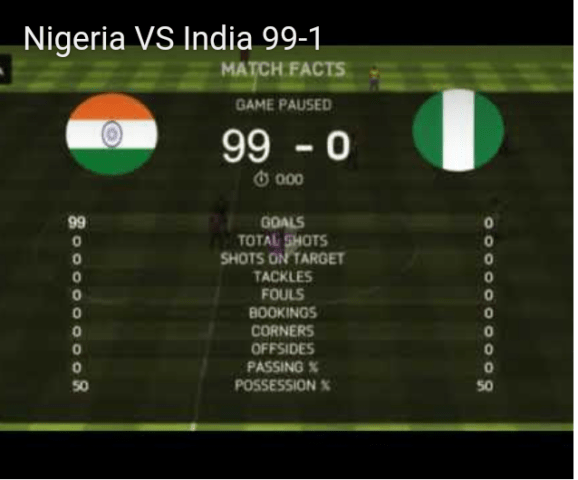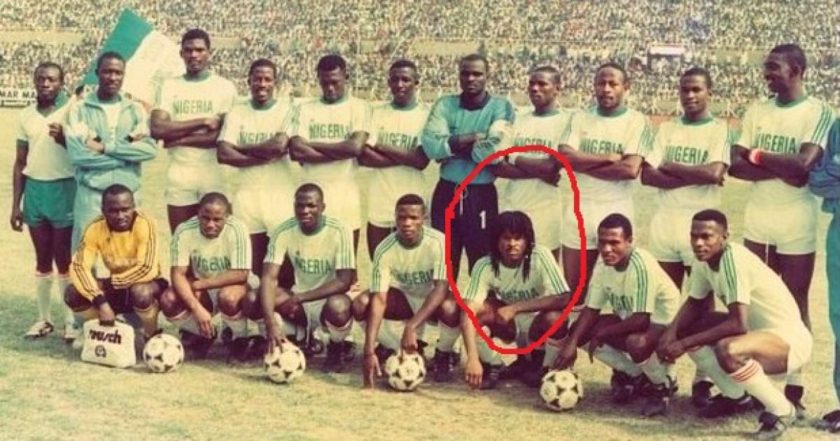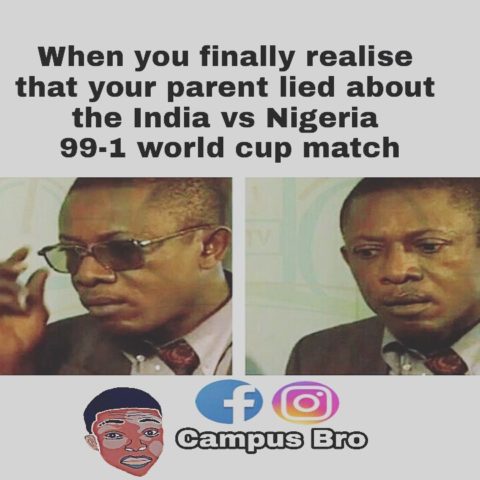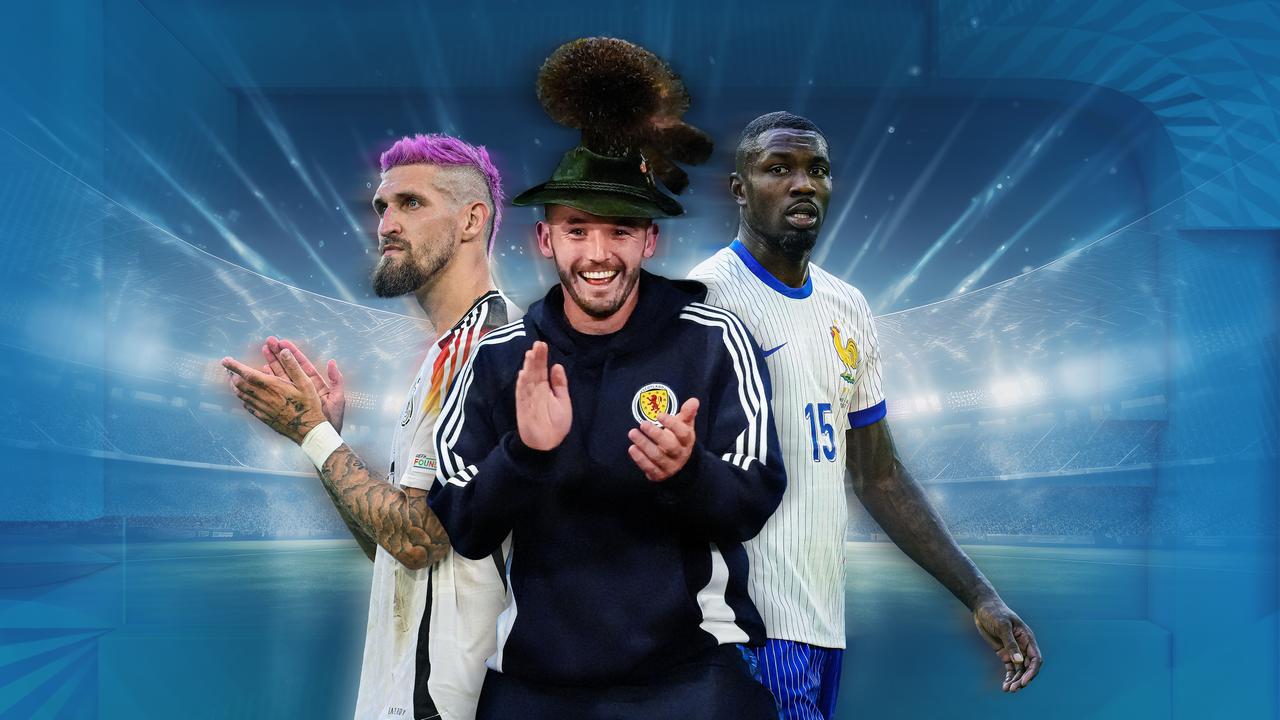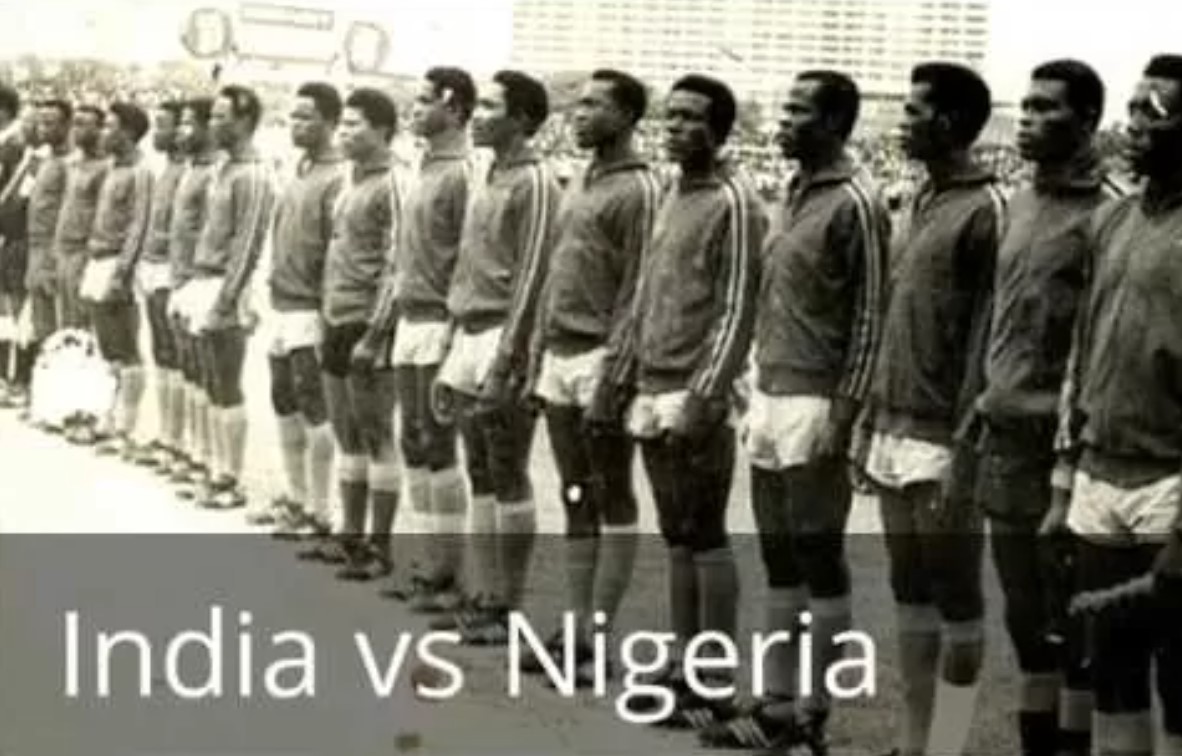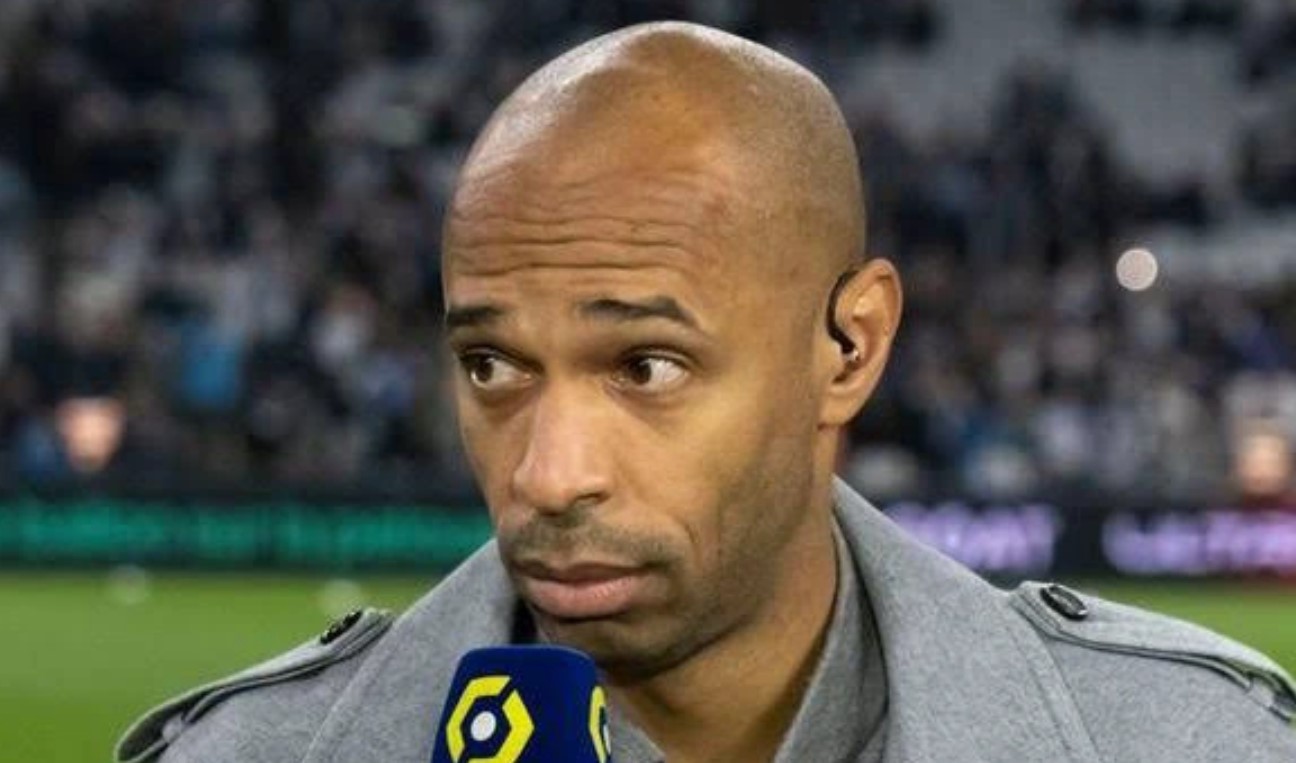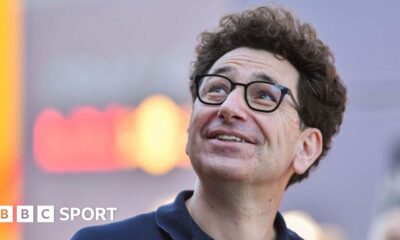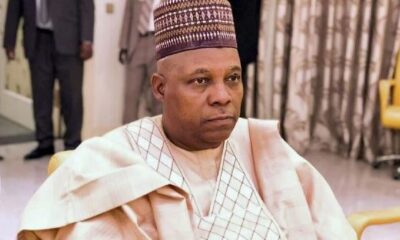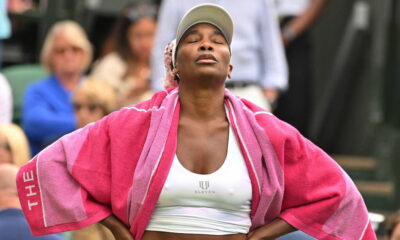Status: 15.07.2024 16:27
A fighter type with a penchant for dyed hair, a Scottish Schuhplattler and campaigner against the far-right: the somewhat different eleven of the season.
Goal – Marc-André ter Stegen (Germany)
Marc-Andre ter Stegen sits on the bench during a European Championship match
People from the Lower Rhine are considered to be relaxed people. Marc-André ter Stegen, born and raised in the Mönchengladbach district of Lürrip, has lived in the Catalan metropolis of Barcelona for ten years, but he has retained his relaxed attitude. He needs it, because he has suffered an almost unprecedented fate in sporting terms: he is one of the best goalkeepers in the world, has won the Champions League, the Spanish championship five times and the Spanish cup.
But he doesn’t get a chance in the national team. He has been the DFB’s number two for a good decade – and remained so even when Manuel Neuer was out injured for a long time and showed unusual insecurities before the European Championship. But hope dies last: Neuer is already 38, and time is on the side of ter Stegen, who is six years younger. However, Manuel Neuer has not yet ruled out wanting to be in goal at the 2026 World Cup.
Defence – Merih Demiral (Türkiye)
Sociologists and fan researchers like to say that football is a magnifying glass. And they believe that social developments are also reflected in football, but in a more intense and urgent way. This was also the case at the European Championships in Germany. The tournament was also a stage for right-wing extremists: from Hungary, Serbia, Croatia, and Austria.
The biggest waves were caused by the “wolf salute” of the Turkish defender Merih Demiral after the victory against Austria. The symbol of the right-wing extremist “Grey Wolves” became a state affair, leading to mutual summons of diplomats in Berlin and Ankara, a rebooking of a trip and a ban on Demiral from two games. Football and politics simply cannot be separated.
Defence – Marc Cucurella (Spain)
“If the referees say it wasn’t handball, then of course I respect that as a player,” said Marc Cucurella. Then he laughed. Perhaps it was this laughter that finally got some German football fans riled up and made the Spaniard, whose handball went unpunished in extra time of the quarter-final against Germany, into sporting public enemy number one.
Two days later, in the semi-final, the full-back got his comeuppance. Until the last minute, he was booed every time he touched the ball. The fans thus put the reputation of fair hosts, which had been painstakingly built up during the tournament, to the test. In the final, the same soundscape was heard, albeit a little more subdued. And Cucurella? He did the only right thing: with some immaculate preparatory work, he played a major role in the Spanish triumph.
Defence – Riccardo Calafiori (Italy)
Italy’s central defender and “Hot Rodent Man” Riccardo Calafiori
There’s a trend going around the internet these days: “Hot Rodent Men” – young men who are phenotypically reminiscent of rodents are something like the cute antithesis of toxic masculinity in Generation Z. Actors Timothée Chalamet and Adam Driver are among them, as is singer Harry Styles. At the European Championships, the selection of Hot Rodent Men was rather limited. If it hadn’t been for the Italian defender Riccardo Calafiori.
The Italians had to leave the European Championship after the round of 16 after a performance that was diplomatically described as mixed. Their performances will not be remembered in a few weeks – their only shining light, Calafiori, will probably be remembered for longer. The 22-year-old satisfies the Italian love of elegant defenders with the same opening play – a footballer that has been a dream since Paolo Maldini. And the fact that the Italian edition of the men’s magazine “GQ” confirms that Calafiori has “the ability to be a sex symbol” will certainly not put a damper on the hype.
Midfield – Nedim Bajrami (Albania)
“And then the game is on in the evening. Albania in black and red, against defending champion Italy. It’s dry. 17 degrees. Dramatic throw-in, and Bajrami immediately takes the lead.” Tom Bartels didn’t have much time on the first match day of Group B to introduce the opponents – the Albanians were already in the lead. Nedim Bajrami scored after just 23 seconds – it was the fastest goal in European Championship history and secured the US Sassuolo man a place in the history books.
“Scoring for Albania at a European Championship is a dream for me. I worked hard for it,” said Bajrami after the match. The latter is an empty phrase in nine out of ten cases – but in his case it is actually true. Bajrami’s work did not just mean the football pitch and the gym. The son of Macedonian immigrants, who was born and raised in Switzerland, actually had to go to the International Court of Arbitration for Sport (CAS) to be allowed to play for Albania. He was ultimately found to be right. It was worth it.
Midfield – Christian Eriksen (Denmark)
June 12, 2021 is a day that not only sports journalists will not easily forget. Many colleagues witnessed how the Dane Christian Eriksen collapsed without any outside influence during the first group match against Finland and had to be resuscitated for several minutes. The images of crying teammates forming a guard of honor around their teammate who was fighting for his life have become iconic beyond football. READ FULL STORY HERE>>>CLICK HERE TO CONTINUE READING>>>
Eriksen had to wait exactly 1,100 days for his next European Championship appearance – and then he created another iconic moment. The midfielder, who now plays with an internal implantable defibrillator, scored the opening goal for the Danes in a spectacular fashion. And there was probably no one who didn’t have the images of that time in their head at that moment, and hardly anyone who wasn’t happy for the Dane.
Midfield – Robert Andrich (Germany)
Germany’s Robert Andrich reacts during a European Championship match
Former goalkeeper Jens Lehmann has been a reliable supplier of exclusive statements for years, which are sometimes racist, sometimes annoying and sometimes simply bizarre. At this European Championship, Lehmann once again had his “moment to shine” – when asked about Robert Andrich’s new hair color, who presented himself in pink. “You have to be careful these days, because maybe he feels like a woman or something. What is he trying to show us? Does he have some kind of personality problem that makes him stand out like that?” Lehmann wondered.
The midfield warrior’s answer was simple: “Those who have been following me for a long time or my friends and family are not surprised.” And so, after the German away jerseys, which sold better than any jersey in history before, he finally made pink the cult color of the EURO.
Midfield – John McGinn (Scotland)
European Football Championship: Scotland’s McGinn dances at the reception in Garmisch-Partenkirchen
We asked 100 people: Can you tell us a song that you will remember from the European Championships? 96 people said: “No Scotland, no party”. Ah, the Scots. The least competitive team in terms of sport, the fans took German hearts by storm at the European Championships. People usually barricade their doors when tens of thousands of football fans parade through city centers. When the Scots paraded through Cologne with 35,000 fans, people stood at the window and applauded.
The affection does not end with the fans – the players also strive for international understanding. Scotland’s midfielder John McGinn, performing the traditional Schuhplattler dance, can be seen as the extended arm of Scottish fan folklore. It is no wonder that there was a great deal of despair after the Scots’ early exit. And the Germans promptly did what they do best at the moment: they set up a petition demanding an annual international match against Scotland.
Attack – Cristiano Ronaldo (Portugal)
No, it was not Cristiano Ronaldo’s tournament. The Portuguese did indeed reach the quarter-finals, but it was generally agreed that this was more in spite of Ronaldo’s participation than because of his contribution. The latter is increasingly holding back his extremely talented teammates and preventing them from developing. As one colleague wrote after the round of 16: “When the boss puts a hand on your shoulder in the office and stares at the screen from behind you, it’s not good to work.”
The events in the round of 16 against Slovenia were almost symbolic: Ronaldo grabbed the ball from a Portuguese penalty in extra time, missed and cried uncontrollably afterwards. Perhaps because he secretly feels and knows that his time is over. But he doesn’t want to admit it yet. There are cases like this in sport again and again, where former superstars can’t let go. Rafael Nadal is an example in tennis, Michael Jordan was an example in basketball. They were and are all living legends. But even legends have to retire at some point. Ronaldo announced after the elimination that this was definitely his last European Championship. He said nothing about the World Cup in two years.
Attack – Niclas Füllkrug (Germany)
One immediate effect of the European Championship was that the whole of Europe now knows that Deutsche Bahn needs some optimisation in the areas of punctuality, efficiency and infrastructure. Or, as Austrian fans chanted more prosaically: “Deutsche Bahn is so screwed.” The Dutch learned this before the semi-final when their train from Wolfsburg to Dortmund was cancelled, and the Turks simply used the plane as a precaution, even for the shortest journeys. “Deutsche Bahn, the feared opponent,” was the apt headline in the “Süddeutsche” newspaper.
German national players have long known about the unreliability of their national mobility provider. Niclas Füllkrug is no exception. When he travelled to the German base by train after the Champions League final, he preferred to arrive a day early, “out of respect for Deutsche Bahn”. Of course, this journey was not without cancellations and delays, but Füllkrug eventually found a place on an overcrowded train and entertained an entire high school class there – to the delight of both sides, as he assures us. You can also look at it this way: Without the shortcomings of the DB, this would not have been possible.
Attack – Marcus Thuram (France)
“I congratulate everyone who took part in the face of the danger that loomed over our beautiful country. Long live diversity, long live the Republic, long live France. The fight goes on.” This was not said by the French Green Party leader Marine Tondelier or Jean-Luc Mélenchon of the left-wing La France insoumise, but by Marcus Thuram, striker of the French national team. At the same time as the European Championship, the run-off election for the National Assembly was taking place at home, and many French players with an immigration background expressed their concern in advance of an election victory for the right-wing populist “Rassemblement National” and called on their compatriots to vote, including Kylian Mbappé, Jules Koundé, Aurélien Tchouaméni and Ousmane Dembélé.
The French association then felt compelled to assert its neutrality and called for restraint. Coach Didier Deschamps, however, made it clear: “The players have the freedom to say what they want to say with their words, according to their feelings.” And rightly so.
The slightly different eleven of the European Championship
Related
